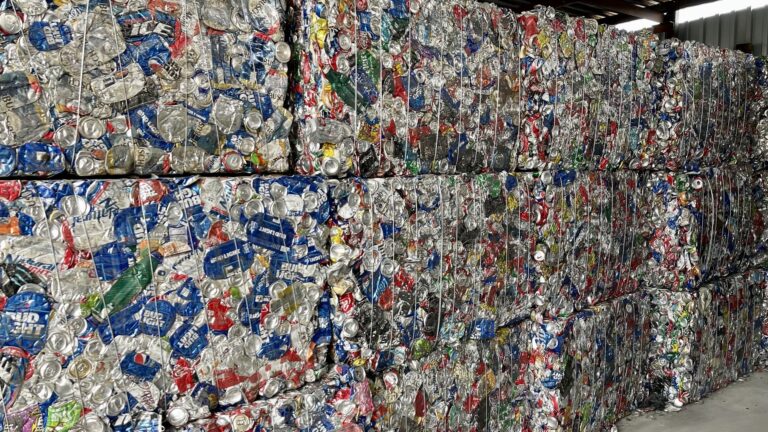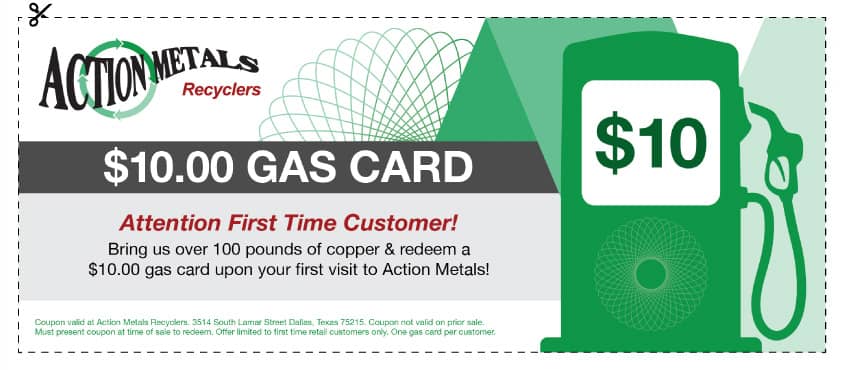Aluminum can recycling is a critical component of environmental sustainability. Recycling aluminum offers significant benefits over producing new aluminum from raw materials, leading to less energy consumption, reduced greenhouse gas emissions, and the conservation of natural resources. In this blog post, we’ll explore the numerous environmental advantages of aluminum can recycling and why it’s essential for a greener future.
From Can to Can
Aluminum cans are unique in their ability to be recycled repeatedly without losing quality. This “closed-loop” recycling process makes them incredibly sustainable. Here’s a simplified breakdown of how it works:
- Collection: Used aluminum cans are collected through curbside recycling programs, drop-off centers, or deposit schemes.
- Sorting: Cans are sorted from other recyclables and cleaned to remove any contaminants.
- Shredding: The cans are shredded into small pieces.
- Melting: The shredded aluminum is melted down in a furnace.
- Casting: The molten aluminum is cast into ingots, which are then used to manufacture new products, including new aluminum cans.
- Can Manufacturing: The aluminum ingots are rolled into sheets, cut, and shaped into new cans.
This entire process can happen in as little as 60 days, meaning a recycled aluminum can could be back on the grocery store shelf in just two months!
Energy Conservation
One of the most significant environmental benefits of aluminum can recycling is the tremendous energy savings. Producing aluminum from raw materials (bauxite ore) requires a vast amount of energy. In fact, recycling aluminum uses up to 95% less energy than creating virgin aluminum. This energy conservation translates to:
Reduced Greenhouse Gas Emissions: Less energy consumption means fewer greenhouse gas emissions, which contribute to climate change.
Reduced Reliance on Fossil Fuels: Aluminum production relies heavily on fossil fuels. Recycling lessens our dependence on these finite resources.
Conserving Natural Resources
Aluminum is made from bauxite ore, a natural resource that is mined from the earth. Mining bauxite can have significant environmental impacts, including:
Habitat Destruction: Mining operations can disrupt ecosystems and displace wildlife.
Soil Erosion: Mining can lead to soil erosion and degradation.
Water Pollution: Mining processes can contaminate water sources with harmful chemicals.
By recycling aluminum cans, we reduce the demand for new bauxite mining, helping to protect these valuable natural resources.
Reducing Landfill Waste
Aluminum cans that end up in landfills take hundreds of years to decompose. Recycling helps to reduce the amount of waste going into landfills, which:
Conserves Landfill Space. Landfills are becoming increasingly overcrowded. Recycling helps to extend their lifespan.
Reduces Pollution. Landfills can leach harmful pollutants into the surrounding environment.
Protects Wildlife. Landfills can attract wildlife, which can be harmful to both the animals and the environment.
Economic Benefits
In addition to its environmental benefits, can recycling also provides economic advantages:
- The recycling industry supports numerous jobs in collection, processing, and manufacturing.
- Recycling aluminum contributes to a circular economy, keeping resources in use and generating economic activity.
- Recycled aluminum is less expensive to produce than virgin aluminum, which can lead to lower costs for consumers.
Step-by-Step Guide to Recycling Aluminum Cans
- Rinse: Give your aluminum cans a quick rinse to remove any food residue.
- Empty: Make sure the cans are completely empty.
- Crush: Crushing your cans saves space in your recycling bin and makes them easier to transport.
- Check Local Guidelines: Review your local recycling guidelines to ensure you’re following the correct procedures for your area.
- Recycle: Place your aluminum cans in your curbside recycling bin or take them to a local drop-off center.
Aluminum Can Recycling FAQ
Q: Can I recycle aluminum foil?
Yes, aluminum foil can often be recycled, but it’s essential to check with your local recycling program for specific guidelines.
Q: What about aluminum cans with labels?
You don’t need to remove the labels from aluminum cans before recycling. The labels are removed during the recycling process.
Q: Why are aluminum cans so recyclable?
Aluminum can be recycled repeatedly without any loss in quality. This makes it a highly sustainable material.
Action Metals | We Recycle Aluminum Cans
Aluminum can recycling is a simple yet powerful way to make a positive impact on the environment. By recycling aluminum cans, we conserve energy, reduce greenhouse gas emissions, protect natural resources, and minimize waste. It’s a win-win for the planet and for future generations. Contact us today at Action Metals to find out more!







